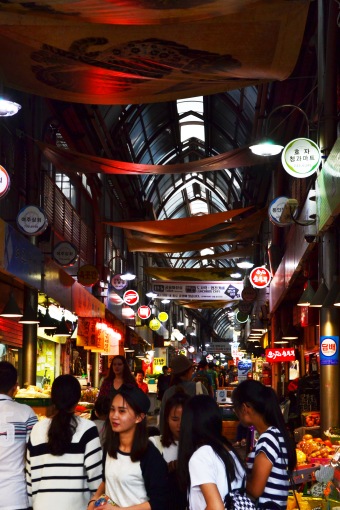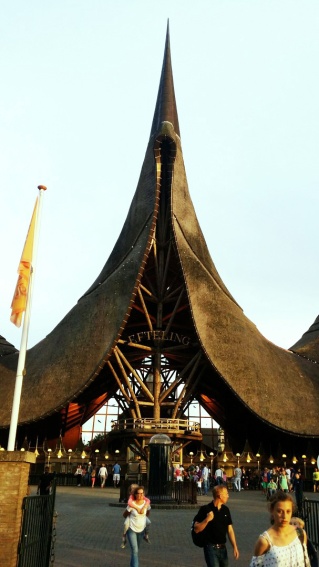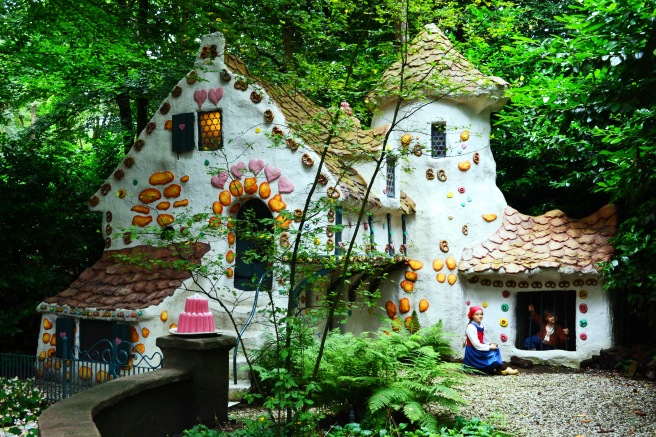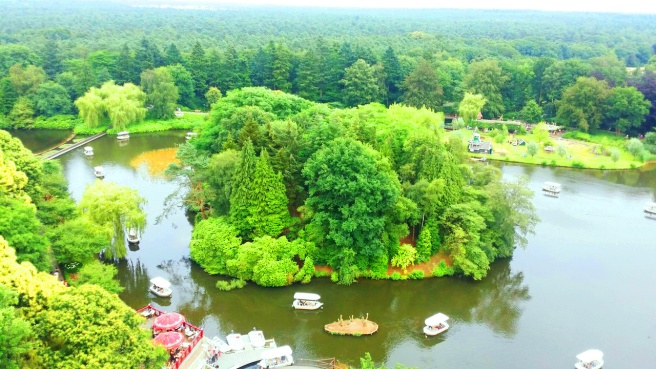
Although from my personal experience and from trend researches written blogs are proclaimed as thing from the past, I feel more comfortable putting my thoughts on a “paper” than making 1000 tries to record something and judge myself for not meeting my own standards.
For the past couple of days, months, years I’ve been contemplating on a question that everyone (at least I want to believe that) addressed at least once in their lifetime, such as “What is my passion?”. I’ve been watching an enormous amount of videos on how to find yourself, your hobbies etc. And I still haven’t found the answers.
I know I’m highly ambitious.
I like travelling yet not too extreme (hitch-hiking is a no for me), I like trying new things whether it’s a nice place around the corner that serves freshly made bagels or underground exhibition.
I like learning Korean, while remembering exciting time of my exchange semester in Seoul.
I like thinking about the future and planning possible things I can do in the next two years.
I like imagining how I’d create my own travel videos, while listening to a nice song in the train.
I like educating myself on various topics, which proved to be a useful trait when it comes to conversations with people from different fields.
I love music. From jazz to hip-hop. Especially, if it’s live music – you got me there.
And I also love dancing, even though it’s only limited to my rare trips to the club now.
There are so many areas that I find interesting to discover that I would never be able to limit myself only to one specific topic. Or at least not now.
So, if you are ready to explore with me different places, topics, language learning struggles, professional growth pains and celebrations, and just growing in general, feel free to hit the follow button and join me for an adventure!








































 you can find and last time I checked it was in top 5 biggest attraction parks in Europe. So, definitely worth seeing.
you can find and last time I checked it was in top 5 biggest attraction parks in Europe. So, definitely worth seeing.





